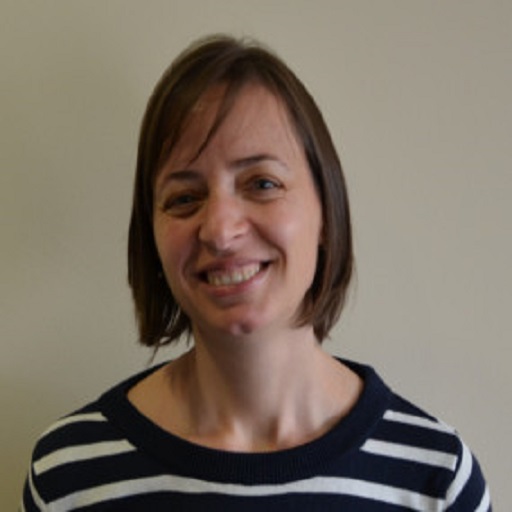Prof. Lavdie Rada

Prof. Lavdie Rada
Bahçeşehir Üniversitesi, Istanbul, Turkey
Title: Integrating Image Processing and Machine Learning: Advancements in Healthcare, Environmental Science, and Accessibility
Abstract: The rapid advancement of image processing and machine learning (ML) techniques has led to transformative breakthroughs across diverse fields, including medical and biomedical imaging, environmental science, and human-computer interaction. This presentation highlights interdisciplinary projects that utilize advanced computational methods to address critical challenges in healthcare, accessibility, and environmental monitoring.
In healthcare, we explore automated solutions for biomedical data analysis, integrating mathematical modeling, functional analysis, and ML for applications such as DNA damage assessment, skin and breast cancer detection, inflammatory disease identification, cancer risk prediction, cell type classification, and precise cellular geometry representation, all contributing to advancements in biological research.
Beyond medicine, the integration of image processing and machine learning extends to various applications. One such example is the Droplet Crystallization Patterns Dataset (DRYSTAL), which enables water contamination analysis without the need for expensive laboratory tests. DRYSTAL offers a cost-effective and efficient approach to assessing water quality and provides warnings to specialists in their absence and at any time. In urban mapping, we present the Streetside Building Identification System (SBIS), leveraging Google Street View’s extensive coverage to accurately determine building coordinates, even in data-scarce environments, marking a significant advancement in urban infrastructure mapping. Additionally, we apply ML-driven image processing to Sign Language Recognition, enhancing accessibility through real-time gesture detection across diverse linguistic contexts.
Together, these projects highlight the transformative potential of integrating image processing and ML across disciplines. By bridging computational techniques with real-world applications, we aim to drive progress in healthcare, environmental safety, and accessibility solutions.
BIO: Lavdie Rada holds a B.Sc. in Mathematics from the Faculty of Natural Sciences in Tirana, Albania, and an M.Sc. in Applied Mathematics from the Polytechnic University of Tirana, Albania. She completed her Ph.D. in Mathematical Sciences at the University of Liverpool, UK, where she specialized in fast iterative methods for variational models of image segmentation.
During her postdoctoral fellowship at Sabancı University, Istanbul, Turkey, she advanced her research on efficient solvers for variational image processing models, integrating image processing with machine learning to develop innovative approaches with significant applications in medical and biomedical fields.
Since 2014, she has been a lecturer at Bahçeşehir University, Istanbul, Turkey, where she leads research projects at the intersection of image processing and machine learning, collaborating closely with her Master’s students to explore cutting-edge solutions in these domains.